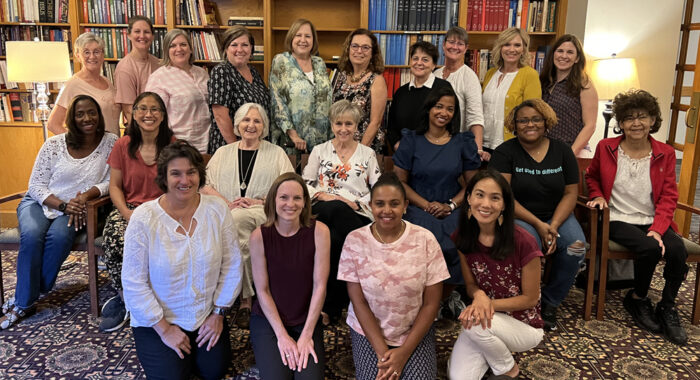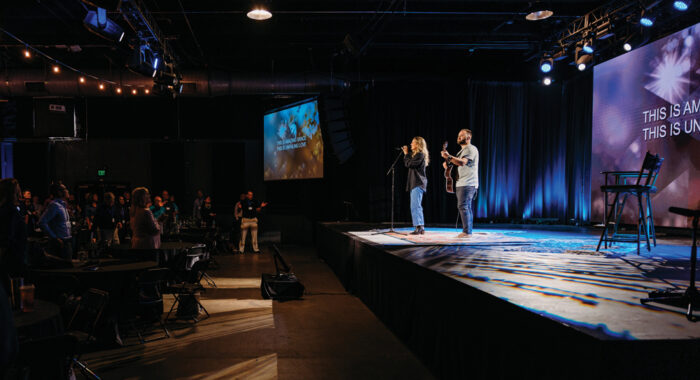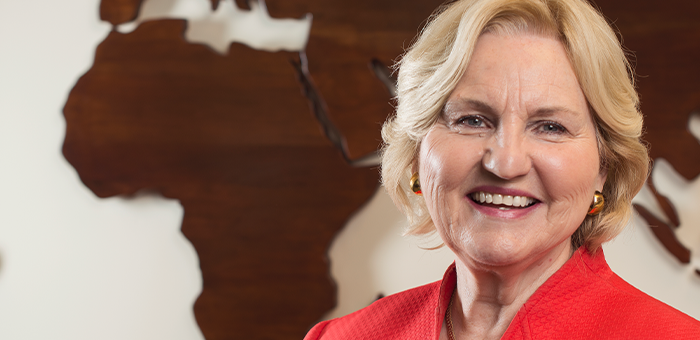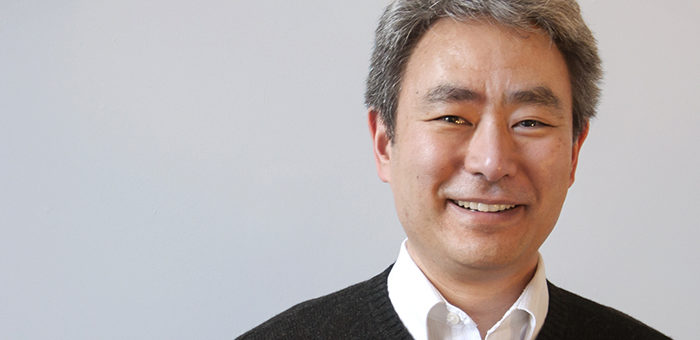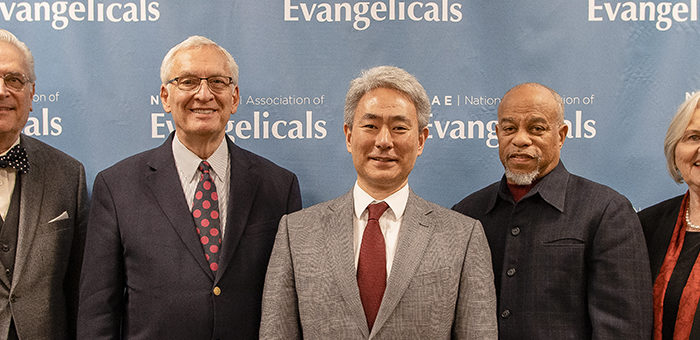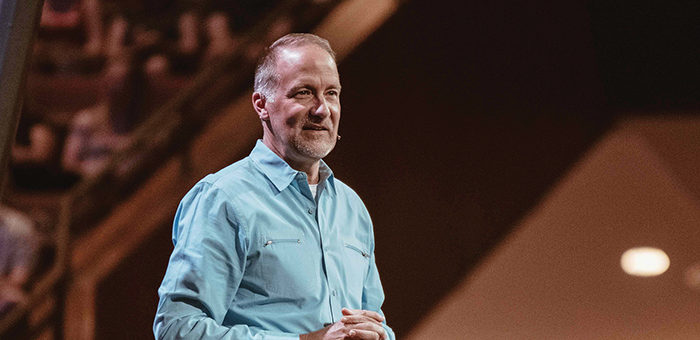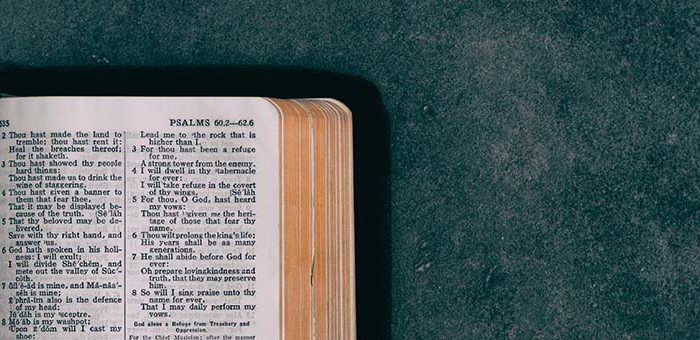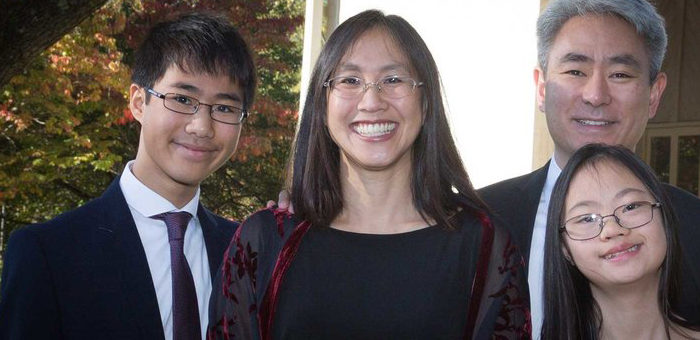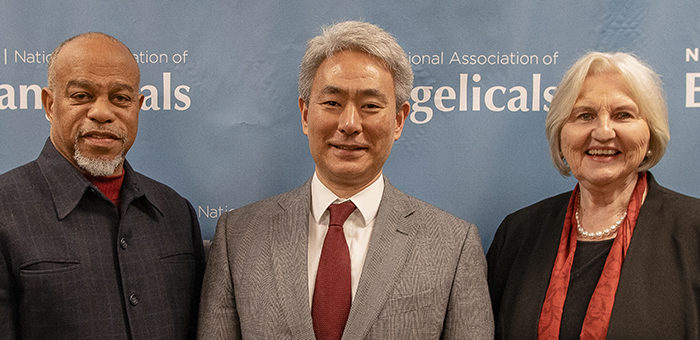“Evangelical traditions and denominations have more in common than many realize,” said Leith Anderson, President of the National Association of Evangelicals (NAE). “There is a healthy fluidity among evangelicals as they seek to find church and denominational homes where they can worship and serve.”
Shirley Mullen, President of Houghton College, said, “As a result of spending extended time in both the Wesleyan/Holiness tradition and the Reformed tradition, I have come to appreciate the particular emphases of each within the larger context of church history. It is as if each of the denominational traditions has been given the responsibility for some particular aspect of the Church’s message, depending upon the needs of the Church and the world at the moment when that denomination was founded.”
Leaders cited different reasons for changing denominations, including theological distinctions, and geographical moves. Roy Taylor, Stated Clerk of the Presbyterian Church in America, said he was converted and called to ministry through a Southern Baptist church, but became a Presbyterian through his own study while a student at a Baptist seminary and has been part of the Presbyterian Church in America since its founding in 1973.
Bill Anderson, President of Bill Anderson Leadership Consulting, has moved between denominations several times. He looks at the individual church’s leadership and four basic criteria: worshipful, biblical preaching and teaching, healthy church life, and a missional or outward focus.
Some leaders noted that they have stayed within their tradition but have switched particular denominations. “I still attend and belong to a Reformed church. It is not in the same Reformed denomination as my childhood,” said Al Cureton, President of the University of Northwestern in St. Paul.
One noted he had changed denominations “but only slightly — from independent Pentecostal to the Assemblies of God.” Another had stayed Presbyterian but moved to the Presbyterian Church in America.
Still a considerable amount of denominational leaders, 42 percent, have not changed denominations since childhood. For example, John Hopler, Director of Great Commission Churches (GCC), became a Christian through the ministry of a GCC church and has remained with the denomination since.
Ken Hunn, Executive Director of The Brethren Church, said, “My denomination is so woven into the fabric of my life, that I have a hard time thinking of ministry outside the family.”
Likewise John Stumbo, President of the Christian and Missionary Alliance, said, “After seminary I considered other organizations/denominations and concluded that I was ‘already home.’”
Anderson said, “Leaders have their unique stories of faith that includes a community — or in many cases multiple communities — of believers. The National Association of Evangelicals connects these leaders and helps them interact and engage with those of different evangelical traditions, adding richness and depth to their own.”
The Evangelical Leaders Survey is a monthly poll of the Board of Directors of the National Association of Evangelicals. They include the CEOs of denominations and representatives of a broad array of evangelical organizations including missions, universities, publishers and churches.



 View All Surveys
View All Surveys 

